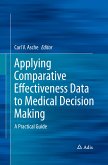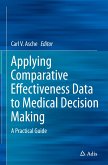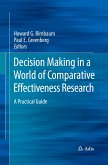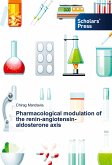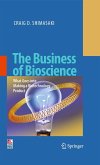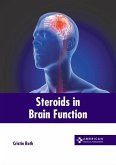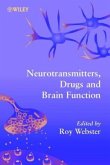Our daily lives consist of a constant stream of decisions. These decisions might only affect the person involved, but often they affect other people as well. There has been substantial recent progress in the understanding of the neuroscientific aspects of complex human decision making processes on both the individual and the social level. While these advancements are substantially driven by the recent merging of the two disciplines neurosciences and economics, neuroeconomic research has mostly provided correlative data. To overcome the limitations of mere correlation studies, the present thesis offers three experiments that employ neuromodulatory approaches for investigating the causal relationship between neurobiological systems and aspects of human decision making. The findings presented in this thesis may have potential applications for a variety of psychiatric and neurological diseases such as addiction, depression, and Parkinson's disease. They may stimulate future research in neuroeconomics, neuroendocrinology, and neuropsychopharmacology.
Bitte wählen Sie Ihr Anliegen aus.
Rechnungen
Retourenschein anfordern
Bestellstatus
Storno


